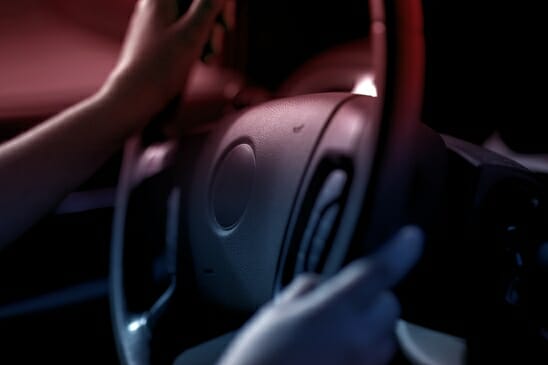 CALL US TODAY
CALL US TODAY  CALL US TODAY
CALL US TODAY  CALL US TODAY
CALL US TODAY 
A police traffic stop is always a stressful experience, but it is critical that you remain calm and take steps to protect your interests. In this article, I’ll discuss a few strategies that may help you avoid charges, and if you are arrested, these strategies will put you in a favorable position to fight your charges.

If you were arrested for DWI or another criminal offense in New Jersey, contact my office today to discuss your case. Unlike large law firms that will pass your case off to another attorney, I will give your case the individual attention that it deserves. You will have access to my personal cell phone number in case you have questions or concerns related to your case. Call 973-453-2009 to schedule a free consultation with a DWI lawyer in Elizabeth.
Here are a few tips to keep in mind if police stop your vehicle:
If you continue driving for a long time or speed up, the officer might think you are trying to evade arrest. So it is important that you stop as quickly as possible, but it is equally important that you pull over to a safe place so you don’t obstruct traffic. Turn on your emergency signals to acknowledge the officer and to signify that you intend to stop.
Once you’ve stopped your vehicle, your instinct might be to get your registration from the glove box. But doing so may lead the officer to believe that you are reaching for a weapon. It is better to turn off your radio, turn on your cabin light, and keep your hands on the steering wheel until the officer approaches and asks for your license and registration.
Even if you think you’ve done nothing wrong, you should always be polite to an officer during a traffic stop and follow all instructions.
New Jersey is an implied consent state, which means that once you get your license, you automatically consent to take chemical tests if you are asked to do so. If you refuse to take the breath test, you could face a 7- to 12-month driver’s license suspension, a steep fine, fees, and mandatory installation of an ignition interlock device. Your conviction for the refusal will also go on your permanent record.
The implied consent law does not apply to field sobriety tests such as the one-leg stand test, the walk-and-turn test, and the horizontal nystagmus test. That means you can refuse to take FSTs without any immediate criminal penalties. However, if you consent to take FSTs and you fail, that fact can be used against you in court.
If you were charged with DWI in New Jersey, contact my office to discuss the defense strategies that apply to your case. Call 973-453-2009 to speak with an Elizabeth DWI lawyer from the Law Office of Eric M. Mark.